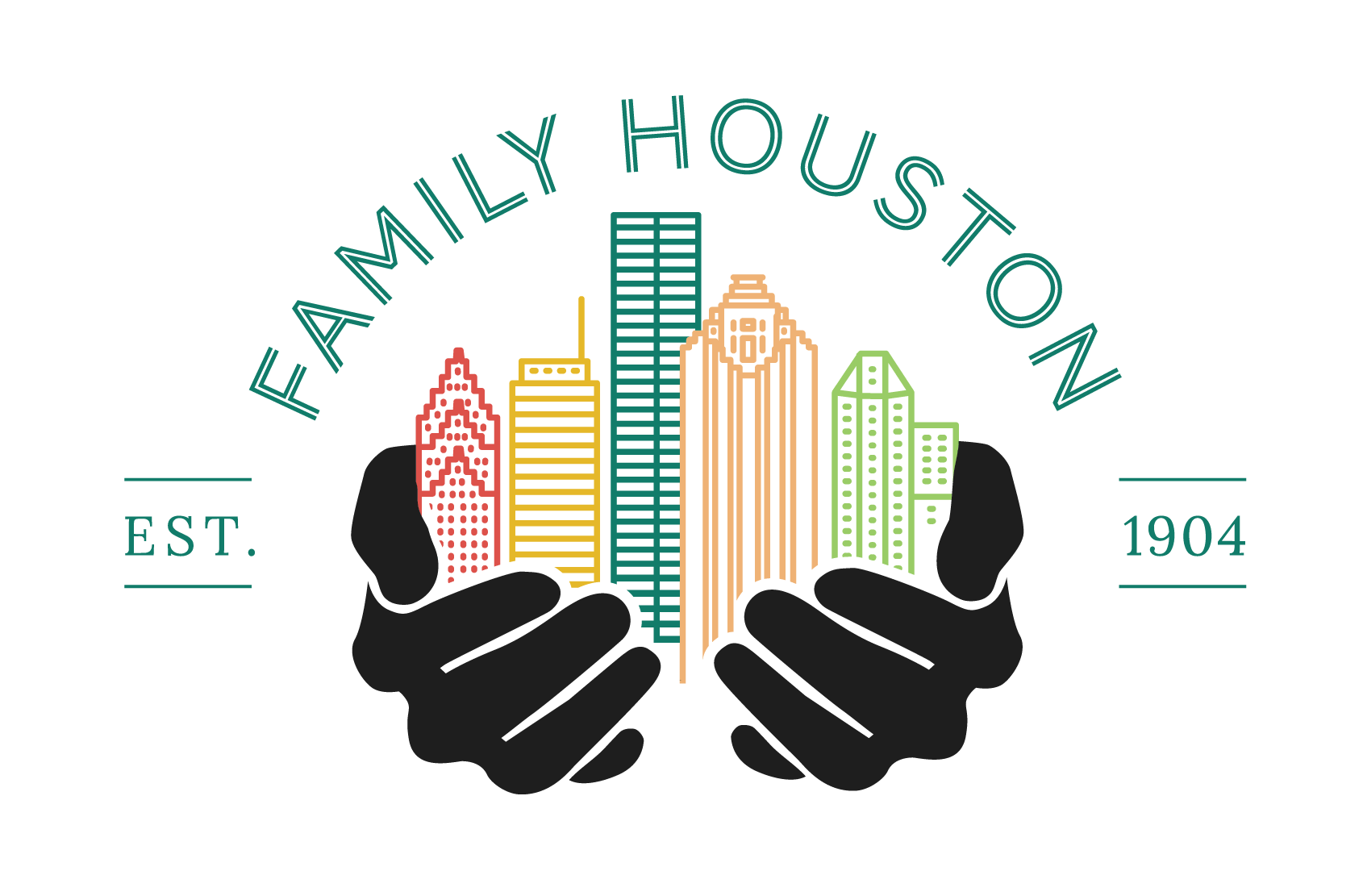How Veterans Can Get Help to Combat PTSD
Bringing awareness to mental health disorders can provide veterans with the help they need through a variety of therapeutic treatments
By JeSean Johnson
According to the US Department of Veterans Affairs, between 15% and 30% of veterans experience Post-traumatic stress disorder (PTSD). PTSD is a mental health condition that is often triggered by a traumatic or terrifying event that one has experienced or witnessed.
Signs that one is suffering from PTSD may not appear right away, it can take months or even years after a traumatic event for PTSD to manifest. Depending on the person, PTSD symptoms may surface at any moment.
Four common symptoms of PTSD:
- Re-experiencing: Reliving the event either through a memory or flashback that puts the mind in the atmosphere of the previous traumatic event. Seeing, hearing, or smelling things that reminds one of their traumatic experience can trigger the memory or flashback.
- Hyperarousal: Sudden rushes of anger or irritability, feeling jittery or on alert, and always on the lookout for danger. Factors that can set them off can range from loud, disruptive noises to a driver cutting them off on the road.
- Feeling Worse About Yourself or the World: Feeling a sense of overwhelming guilt or a lack of trust; there may be a significant lack of positive emotions even when being around loved ones.
- Avoidance: Staying away from situations that may remind one of the traumatic event(s). Becoming fixated on certain aspects of one’s daily routine (for long periods of time) is a common theme of this symptom. This allows the person to minimize the amount of time that they can think about their traumatic experience.
Because of the stigma around mental health, it is often overlooked. Mental health is just as significant as one’s overall physical health. Those struggling with issues such as PTSD may not realize that their mental illness should be given the same priority as their physical health. It is crucial that we bring awareness to the importance of one’s mental health, and to help others understand that PTSD is a treatable illness, and not a sign of weakness, nor a reflection of an individual.
There are various types of therapeutic treatments that have positive results for helping those suffering from PTSD, such as Cognitive Processing Therapy (CPT), Cognitive Behavioral Therapy (CBT), and Eye Movement Desensitization and Reprocessing (EMDR). Through The Bob Woodruff Foundation’s support, Family Houston’s licensed counselors are able to provide the necessary tools to veterans suffering from PTSD through multiple modalities of therapy, including CPT therapy, at no charge. If you are a veteran who is suffering from PTSD, you can call Family Houston today at 713-861-4849 to make an appointment with a licensed counselor.
It is important to note that many individuals who have not served in the military or seen combat also suffer from trauma and PTSD. It is important for everyone to seek help when they need it.
Over half of adults experience at least one trauma in their lives.
Women are more likely to experience sexual assault than men, but men are more likely to experience accidents, physical assault, combat, disaster, or witness a death or injury. PTSD can change a person’s concept of safety, trust, control, esteem, and intimacy, and can cause them to become unstable and unhealthy. June is National PTSD Awareness Month, a time to bring awareness to those suffering from this illness as well as the importance of therapy on their and their loved ones’ lives.

